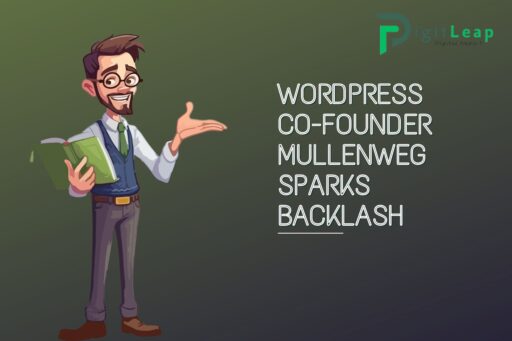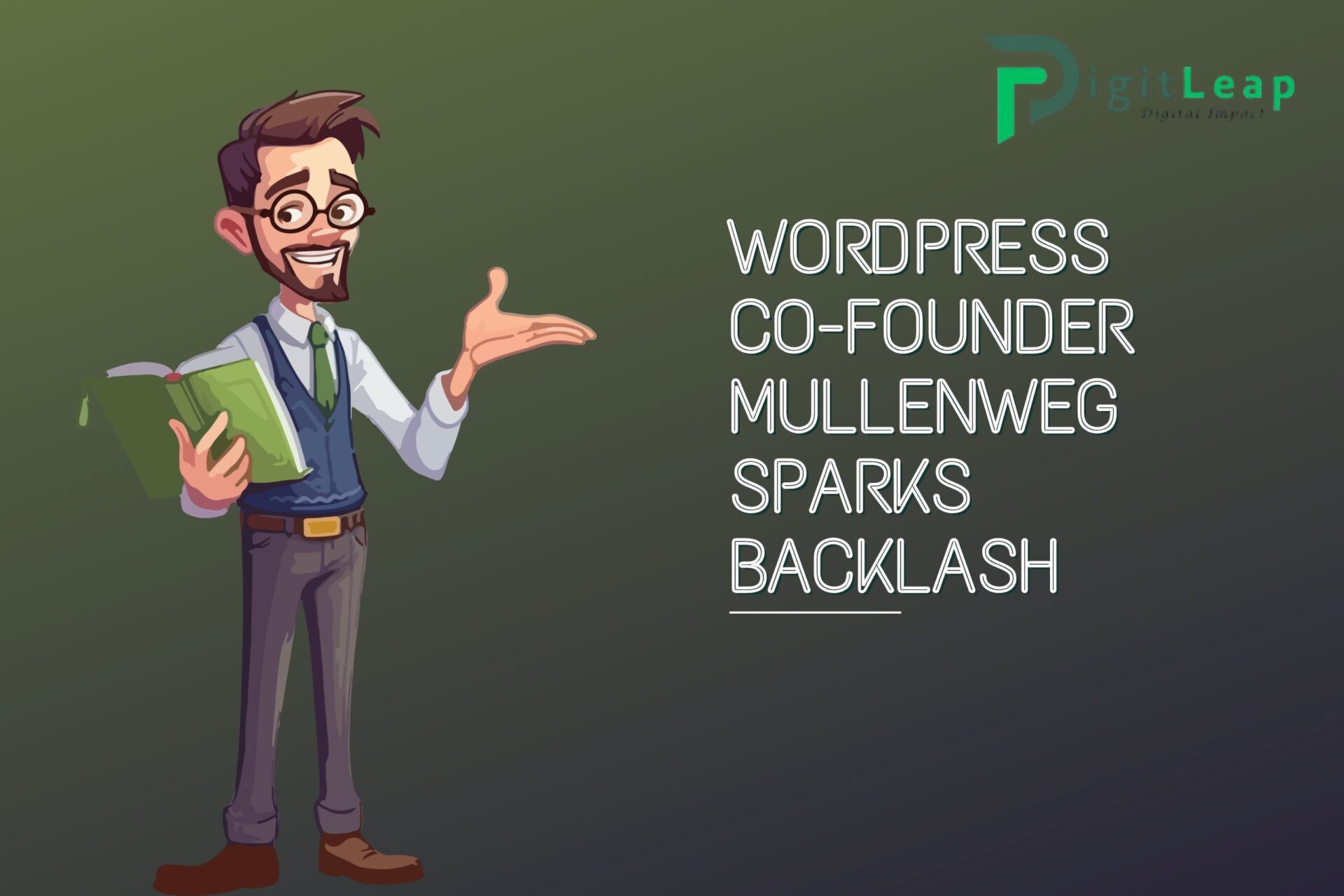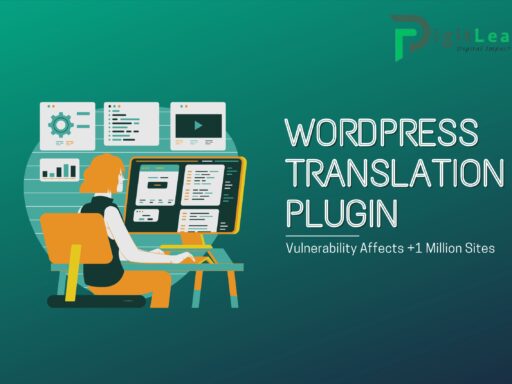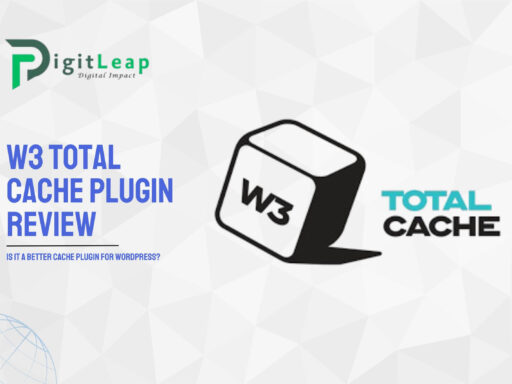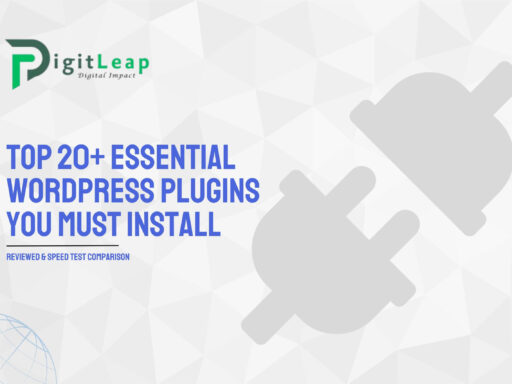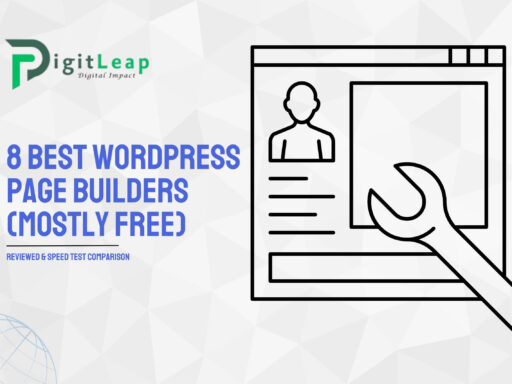Matt Mullenweg, the co-founder of WordPress and CEO of Automattic, recently found himself at the center of controversy within the WordPress community. His comments and decisions regarding the direction of WordPress, specifically about the platform’s future and certain business strategies, have sparked backlash from users, developers, and other community members.
The Source of the Controversy
The backlash stems primarily from Mullenweg’s push for further integration of the Gutenberg block editor, along with Automattic’s increasing focus on monetizing WordPress-related services. The Gutenberg editor, introduced in 2018, has been a point of contention for many in the WordPress community. While some have embraced its modern approach to content creation, others feel that it complicates the user experience and detracts from WordPress’s original simplicity.
Concerns About Open Source Direction
One of the core concerns is the perceived shift away from WordPress’s open-source values. WordPress, which powers over 40% of the web, was originally built on principles of openness and community-driven development. Critics argue that Mullenweg’s leadership is steering the platform toward a more commercial path, prioritizing Automattic’s business interests over the broader community.
Developers, in particular, have expressed frustration over what they see as a lack of communication and transparency around major changes. The integration of paid features and services has raised questions about the platform’s accessibility and openness to independent developers.
Community Reactions
The WordPress community has always been vocal, and this situation is no different. Forums, blogs, and social media have seen an influx of discussions, with users divided over the future of the platform. Many long-time WordPress users are concerned that Mullenweg’s decisions may alienate smaller developers and push the platform toward becoming more of a commercial product rather than a community-led project.
On the other hand, supporters of Mullenweg argue that the continued development of WordPress is essential to keep up with modern web technologies and user demands. They believe that the evolution of WordPress, including its monetization strategies, is necessary for its long-term success.
Conclusion
The backlash faced by Matt Mullenweg highlights a growing divide within the WordPress community. While change is inevitable for any platform of WordPress’s scale, finding the right balance between innovation and maintaining its open-source roots will be key to its future success. At DigitLeap, we continue to watch these developments closely, ensuring that businesses using WordPress can navigate these changes effectively while optimizing their digital presence.

